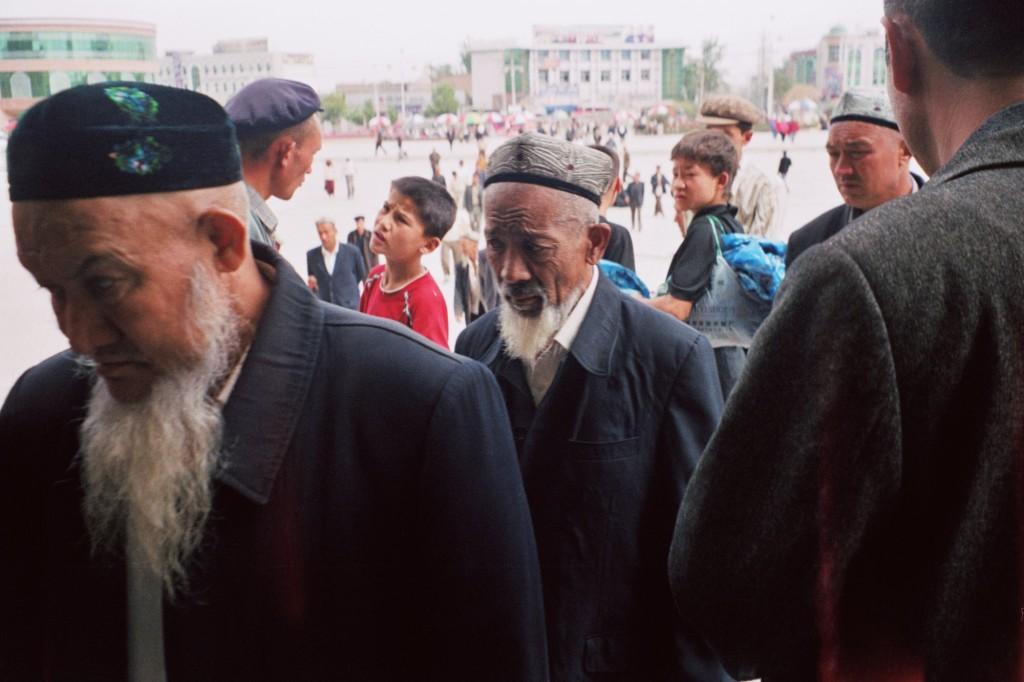
University of Hawaii at Manua professor James D. Frankel visited San Diego State on Tuesday to lecture about a special topic: Chinese Islam.
While many might think it uncommon to use the words “Chinese” and “Islam” together, Frankel is considered an expert in the subject.
“When people find out that there are Muslims in China they wonder how many, and the answer could be 20 million to 200 million,” Frankel said laughingly. “This is a controversial figure because it’s hard to count.”
Although counting the number of Muslims is difficult in a country such as China, which has a population of 1.4 billion, experts suspect there may be more than 100 million Muslims in China, according to Frankel.
The lecture explained the history of how the Hui people, one of many Chinese Muslim groups, have historically adapted to Chinese and Muslim culture simultaneously.
The ancient Silk Road, which connected the Mediterranean region to China, brought Muslim traders to the heart of the Chinese Empire for economic reasons rather than religious, Frankel explained.
“The Muslims started to speak exclusively Chinese. Arab, Turkish and Persian men married Chinese women and their children were bilingual, but eventually the use of foreign Islamic languages diminished,” Frankel said.
One characteristic distinguishing the Chinese Muslims from the rest of the population the most is that many do not eat pork. This is one of the reasons why the Han people, who constitute 90 percent of the population, don’t know much about the Chinese Muslims, according to Frankel.
“The Muslims don’t eat pork and therefore cannot go to a Han Chinese home and have, for example, dinner with them because of the fear of being contaminated by the pork meat,” he said.
Frankel said the Han look down on the Chinese Muslims in a general sense because they know very little about them. The differences between the two groups causes prejudice, according to Frankel.
“When I lived in Beijing, I took a cab from a mosque and the cab driver asked, ‘What are you doing at a mosque? Why would you be interested in them they’re so weird,’” Frankel said.










